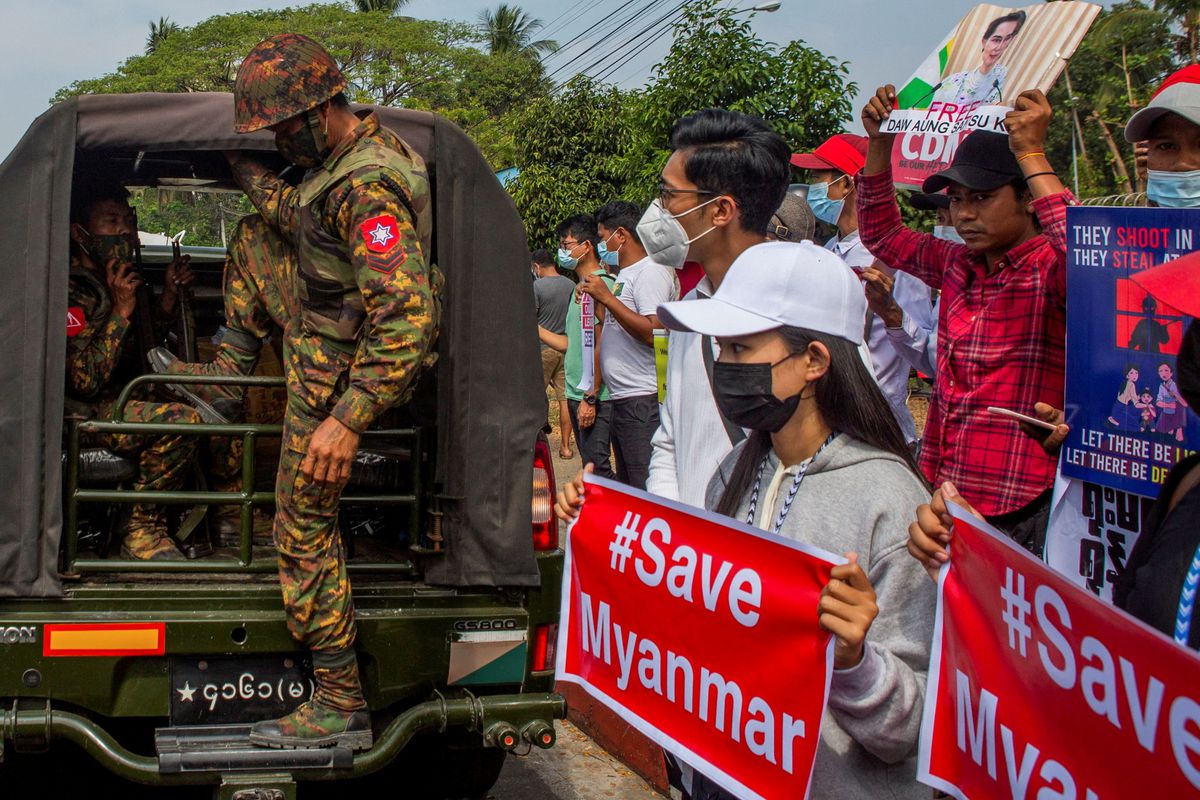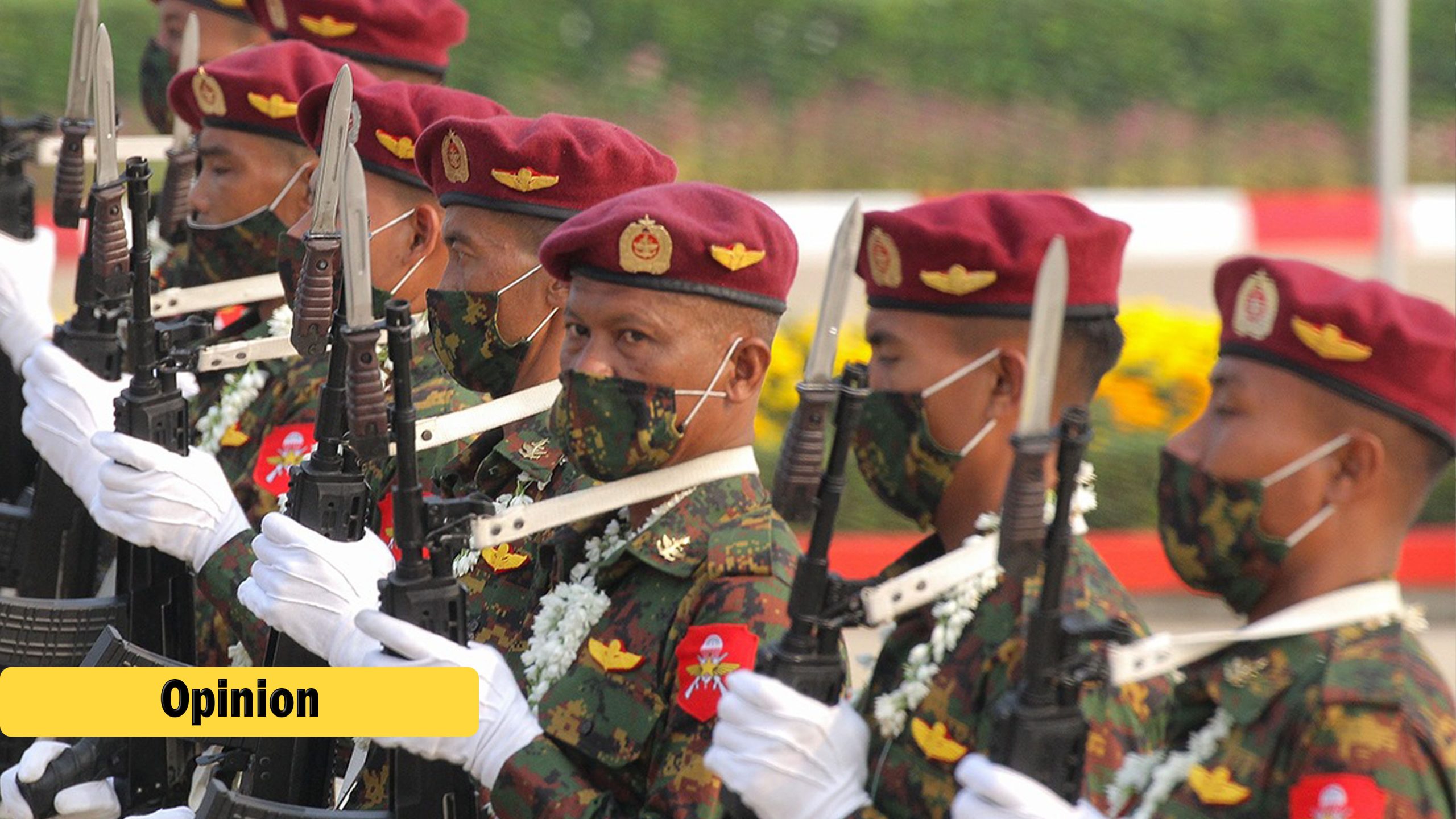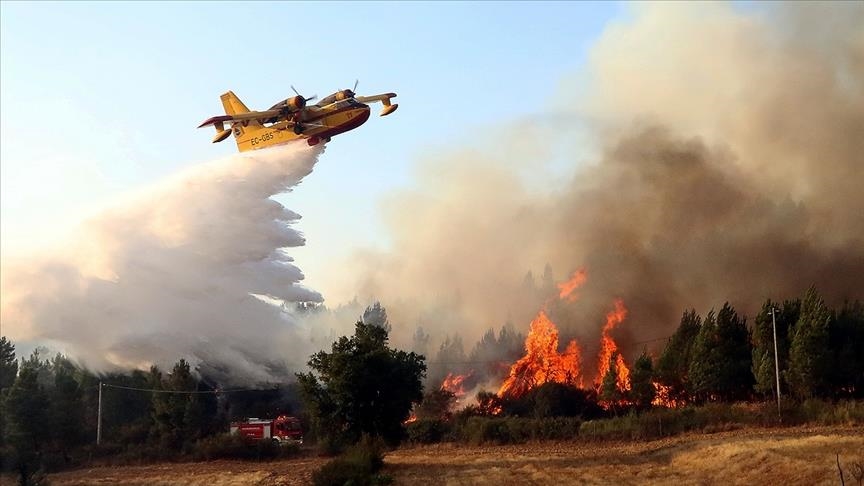Politics in Thailand. Picture this: folks sipping beer or coffee, chattering away in English or Burmese under neon lights at bars and coffee joints in Chiang Mai, Mae Sot, and Bangkok. Who’s talking? The bigwigs from civil society organizations (CSOs) and non-governmental organizations (NGOs), imagining a shiny new Myanmar.
They’re all about building a civil society based on “global best practices” and using top-notch principles from big institutions worldwide. But hold on—this dialogue isn’t fresh; it’s the same old tune from Yangon’s tea shops and bars pre-2021, where donors’ deep pockets ruled the roost. And guess what? It didn’t work then, so why should it now?

Déjà Vu from Yangon’s Tea Houses
Back in the day, Yangon was the hub where international funds poured in for peace deals and countering ultra-Buddhist nationalism. Western donors believed Myanmar was entering a new democratic era, pushing for practices borrowed from the West. But bam! Feb. 1, 2021, brought a military coup, crushing those dreams.
Shift to Thailand: Same Script, Different Place
Politics in Thailand. Post-2021, these big shots moved their chatter from Myanmar’s tea houses to Thailand’s coffee spots. But surprise, surprise—the conversation’s hardly changed. They still dodge talking about the big elephant in the room: the Tatmadaw (Myanmar’s military). Their peacebuilding vocab still focuses on everything but the military.
The Problem? The Conversation’s Stuck
In these hangouts, the talk revolves around NGO trends, donor dogma, and what’s termed as “best practices.” Nothing touches on the heart of Myanmar’s military influence, culture, or the long-term impact of Burmanization.
The Real Issue: Myanmar’s Military History
Since 1962, the military’s been the core problem in Myanmar, pushing Burmanization policies. It’s a touchy topic for the international community, always favoring the UN-recognized government. But guess what? The military’s grip started long ago with General Ne Win’s coup in ’62, transforming the nation into a celebration of Buddhist Burmese identity.
The Missed Point: Local Solutions Matter
What’s missing in the talks? Myanmar’s own narratives, not imported ideas from NGO elites. Solutions need to grow from within Myanmar, not from glossy reports filled with graphs and Western citations.
Time for a New Narrative
The convo in Myanmar may have faded away, but it’s still alive in Thai corners where exiles discuss Myanmar’s politics. Yet, the big question remains: Will these organizations and donors craft new ideas or chase the same old donor money with Western conditions? How will they address the elephant in the room—the military?
So, while Myanmar’s narrative seems lost in translation abroad, the key lies in weaving solutions that truly resonate with the country’s own story, steering clear of Westernized fixes that miss the mark.



